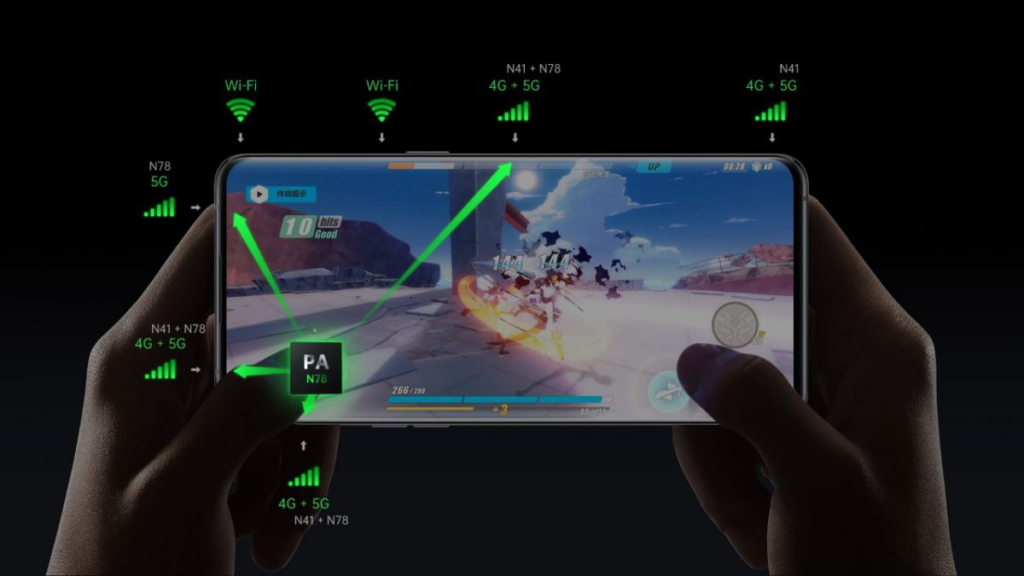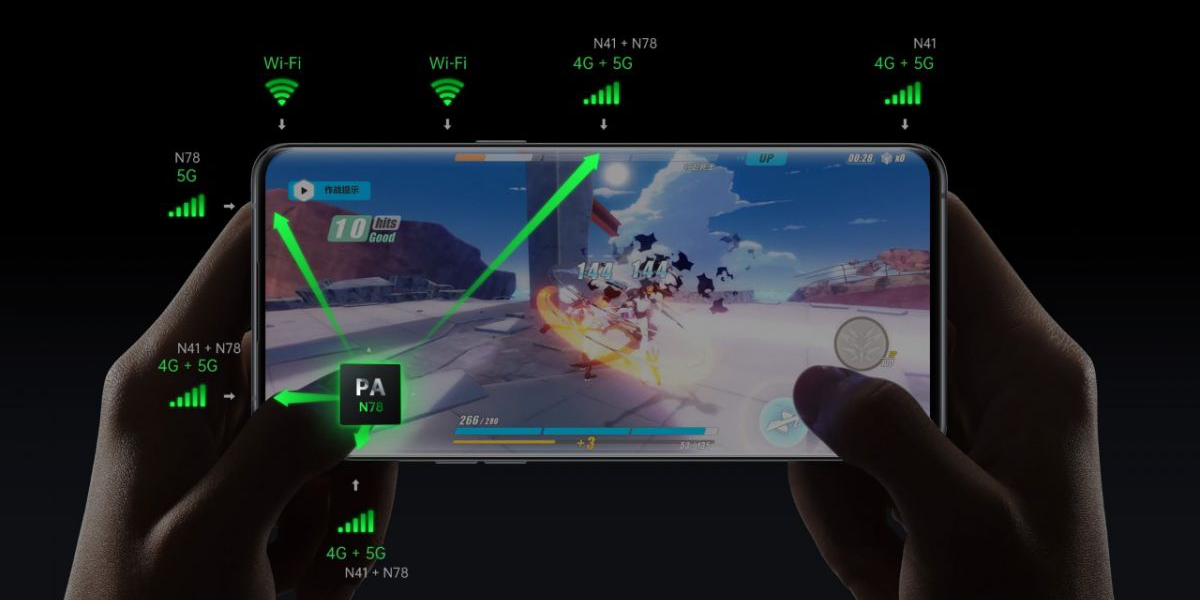Introduction: In the dynamic world of gaming, 5G network technology plays a pivotal role in shaping the gaming experience. One of the most transformative advancements in recent years is the advent of 5G network technology. This fifth-generation cellular network not only promises faster internet speeds but also opens up new possibilities for gamers, revolutionizing the way they play and interact with games. In this article, we explore the impact of 5G on the gaming industry and how it enhances the gaming experience for enthusiasts.

1. Blazing Fast Speeds:
One of the key advantages of 5G technology is its unparalleled speed. With significantly faster data transfer rates compared to its predecessor, 4G, 5G provides gamers with low latency and minimal lag. This means that gamers can enjoy smoother gameplay, faster downloads, and seamless online interactions. The reduced latency ensures that commands are executed almost instantaneously, giving gamers a competitive edge, particularly in fast-paced multiplayer games.
2. Enhanced Multiplayer Gaming:
Multiplayer gaming has become a cornerstone of the gaming industry, and 5G takes it to new heights. The high bandwidth and low latency of 5G enable more players to connect simultaneously, fostering large-scale multiplayer experiences. Gamers can now engage in battles, races, and cooperative missions with a larger number of participants without compromising on performance. This opens up new possibilities for massive online gaming events and tournaments.
3. Real-Time Communication and Collaboration:
5G facilitates real-time communication among gamers, enhancing collaborative gaming experiences. Voice and video communication during gameplay become smoother and more reliable, enabling better coordination among team members. Whether it’s planning strategies or celebrating victories, the low latency of 5G ensures that gamers can communicate seamlessly without disruptions.
4. Cloud Gaming Revolution:
The emergence of cloud gaming services is transforming the way games are played and accessed. With 5G, the reliance on local hardware is diminished, as games can be streamed directly from the cloud to devices. This eliminates the need for high-end gaming consoles or PCs, making gaming more accessible to a broader audience.
5. Immersive Augmented and Virtual Reality:
5G’s capabilities extend beyond traditional gaming experiences to immersive technologies like augmented reality (AR) and virtual reality (VR). The high-speed, low-latency connection provided by 5G allows for more realistic and responsive AR and VR gaming experiences. Gamers can enjoy truly immersive worlds with minimal motion sickness, as 5G enables faster rendering and reduced latency in VR environments.
Conclusion
As 5G technology continues to roll out globally, its impact on the gaming industry is undeniable. The combination of high speeds, low latency, and enhanced connectivity opens up new horizons for gamers, enabling more immersive, collaborative, and dynamic gaming experiences. The future of gaming is undoubtedly intertwined with the evolution of 5G technology, promising a thrilling and seamless gaming landscape for enthusiasts around the world.




